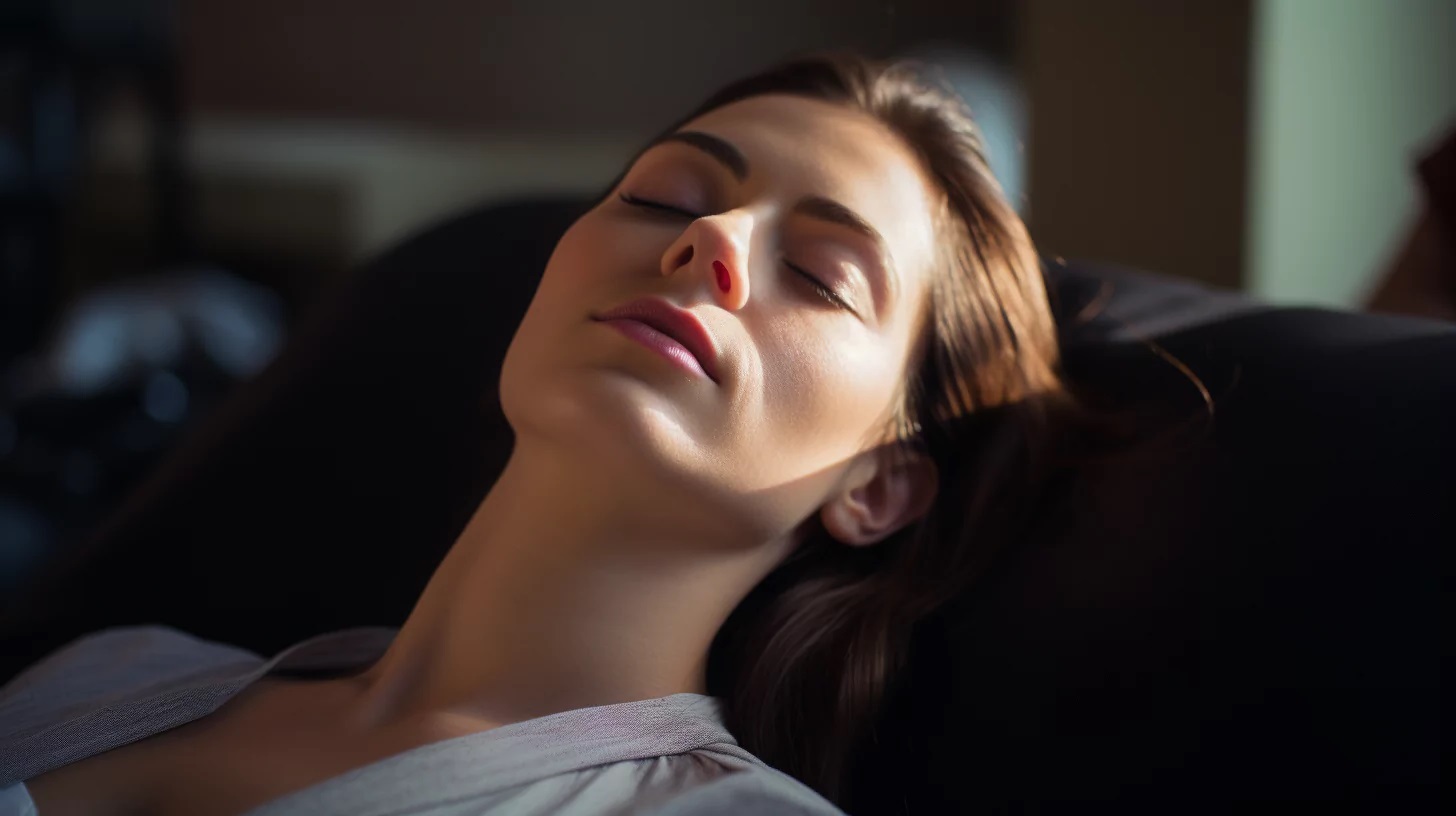
Self-hypnosis might sound like something out of a magic show, but it's a real technique with genuine benefits. Ever wondered if you could tap into your mind's potential without a therapist? Yes, you can! Self-hypnosis involves guiding yourself into a state of deep relaxation and focused attention. This practice can help reduce stress, improve sleep, and even boost confidence. Imagine having a tool that lets you rewire your thoughts and habits. Intrigued? You're not alone. Many people use self-hypnosis to tackle everyday challenges and enhance their well-being. Ready to learn more? Let's dive into 30 fascinating facts about this powerful practice.
Key Takeaways:
- Self-hypnosis is a natural technique that can help with relaxation, focus, and personal growth. It's different from meditation and can be learned by anyone to manage pain, improve sleep, and reduce stress.
- Self-hypnosis offers benefits like reducing stress, boosting confidence, aiding in weight loss, enhancing focus, and supporting addiction recovery. It works through induction, deepening, suggestion, and awakening phases, using techniques like progressive relaxation and visualization.
What is Self-Hypnosis?
Self-hypnosis is a technique where individuals put themselves into a hypnotic state. This practice can help with relaxation, focus, and even personal growth. Let's dive into some fascinating facts about self-hypnosis.
-
Self-hypnosis is a natural state: Everyone experiences a form of hypnosis daily, like when daydreaming or getting lost in a book.
-
It’s different from meditation: While both involve relaxation, self-hypnosis uses suggestions to achieve specific goals.
-
Can be learned by anyone: With practice, anyone can master self-hypnosis techniques.
-
Used for pain management: Many people use self-hypnosis to manage chronic pain without medication.
-
Improves sleep quality: Regular practice can help individuals fall asleep faster and enjoy deeper sleep.
Benefits of Self-Hypnosis
Self-hypnosis offers a range of benefits that can improve various aspects of life. Here are some key advantages.
-
Reduces stress and anxiety: It helps calm the mind, reducing feelings of stress and anxiety.
-
Boosts confidence: Positive suggestions during hypnosis can enhance self-esteem and confidence.
-
Aids in weight loss: Some use it to change eating habits and promote healthier choices.
-
Enhances focus and concentration: It can improve mental clarity and focus, useful for students and professionals.
-
Supports addiction recovery: Self-hypnosis can be a tool in overcoming addictions by reinforcing positive behaviors.
How Self-Hypnosis Works
Understanding the mechanics of self-hypnosis can make it easier to practice. Here’s how it typically works.
-
Induction phase: This is the initial phase where you relax and focus your mind.
-
Deepening phase: Techniques like counting down or visualizing help deepen the hypnotic state.
-
Suggestion phase: Positive affirmations or suggestions are introduced to the subconscious mind.
-
Awakening phase: Gradually, you bring yourself out of the hypnotic state, feeling refreshed.
-
Repetition is key: Regular practice enhances the effectiveness of self-hypnosis.
Techniques for Self-Hypnosis
There are various techniques to achieve a hypnotic state. Here are some popular methods.
-
Progressive relaxation: Tensing and relaxing muscle groups to achieve deep relaxation.
-
Visualization: Imagining a peaceful scene to help focus and relax the mind.
-
Counting down: Counting backward from a high number to induce a trance-like state.
-
Affirmations: Repeating positive statements to influence the subconscious mind.
-
Breathing exercises: Deep, rhythmic breathing to calm the mind and body.
Myths About Self-Hypnosis
Many misconceptions surround self-hypnosis. Let’s clear up some common myths.
-
You can’t get stuck: It’s impossible to get stuck in a hypnotic state; you can always wake up.
-
It’s not mind control: Self-hypnosis involves your own suggestions, not someone else controlling you.
-
It’s not sleep: Although deeply relaxing, you remain aware and in control during self-hypnosis.
-
Not just for the weak-minded: Anyone can benefit from self-hypnosis, regardless of mental strength.
-
It’s not magic: Self-hypnosis is a skill that requires practice and patience.
Famous Uses of Self-Hypnosis
Throughout history, many have used self-hypnosis for various purposes. Here are some notable examples.
-
Athletes: Many athletes use self-hypnosis to enhance performance and focus.
-
Actors: Some actors use it to get into character and manage stage fright.
-
Writers: Writers use self-hypnosis to boost creativity and overcome writer’s block.
-
Public speakers: It helps speakers manage anxiety and deliver confident presentations.
-
Medical professionals: Some doctors and therapists use it to help patients with pain and stress management.
The Power of Self-Hypnosis
Self-hypnosis offers a practical way to tap into your mind's potential. It can help with stress relief, boosting confidence, and even breaking bad habits. By practicing regularly, you can gain better control over your thoughts and emotions. Remember, it's not magic; it's a skill that takes time to develop.
Start with simple techniques like deep breathing and visualization. As you get more comfortable, you can explore more advanced methods. The key is consistency and patience. Don't get discouraged if you don't see immediate results. Keep practicing, and you'll likely notice positive changes over time.
Self-hypnosis is a tool anyone can use to improve their life. Whether you're looking to relax, focus, or make a significant change, it's worth giving it a try. So, why not start today? Your mind holds incredible power—unlock it with self-hypnosis.
Frequently Asked Questions
Was this page helpful?
Our commitment to delivering trustworthy and engaging content is at the heart of what we do. Each fact on our site is contributed by real users like you, bringing a wealth of diverse insights and information. To ensure the highest standards of accuracy and reliability, our dedicated editors meticulously review each submission. This process guarantees that the facts we share are not only fascinating but also credible. Trust in our commitment to quality and authenticity as you explore and learn with us.


